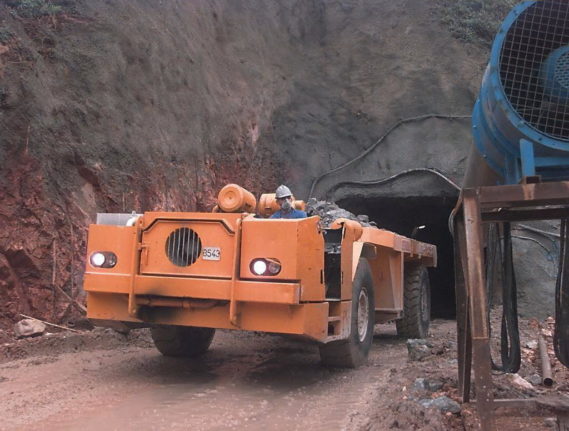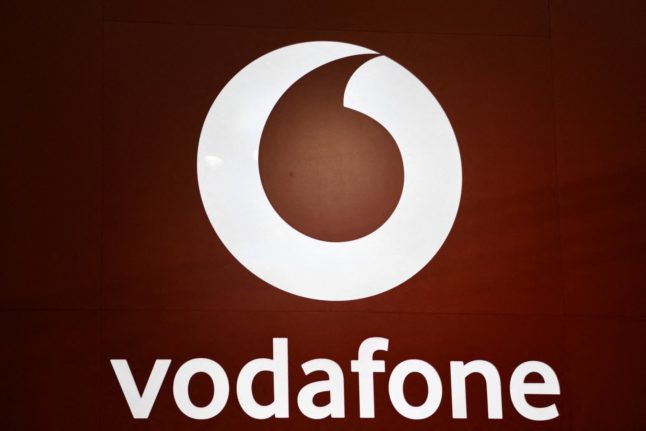Spain is world famous for certain products. For its fruit and vegetables, its wines, its olive oil, its jamón. But few know that Spain also has an abundance of a much more precious and valuable material: gold.
In Asturias alone experts estimate there are as many as 480 gold deposits in the region. But the biggest goldmine – and by far the most controversial – is that of Salave in the municipality of Tapia de Casariego, where studies have revealed that there could be as much as 300,000 kilograms (or 300 tonnes) of untapped gold deposits underground.
In the last century or so, attempts have been made to mine the gold but very few have been successful. Many mining companies – the Asturias region is a traditional mining zone – have carried out studies and surveys in the area but did not, or could not, go ahead and take advantage of Asturias’ natural goldmine.
Why not?
Not for lack of trying, or because they didn’t want to, but because mining it would have serious environmental consequences on the area, and the battle between environmentally conscious residents and gold hunting miners has made Salave a point of contention in the community.
Many of the residents of the Tapia de Casariego are afraid that the natural deterioration born from a big mining project would worsen their quality of life. Others fear being pushed out of their homes.
Yet, knowing of the huge gold reserves underground, mining companies seem keen to press ahead with extraction anyway. A legal and environmental battle has rumbled on for many years now.
Back in 2010 AsturGold proposed a mining project but in December 2014 the Asturias regional executive voted the plan.
Three years later, in 2017, the Asturias High Court backed the veto and the environmental groups and mining companies came to a stalemate.
That’s not to say that miners aren’t still hoping to be able to take advantage of Asturias’ resource rich land in the future, however. “We hope to start producing gold at the Tapia mine in three years,” José Manuel Domínguez, Director of Exploraciones Mineras del Cantábrico (EMC), and a campaigner for the Salave gold mine, explained in the Spanish press. “There will be a mine, I’m convinced.”
The latest proposed EMC mining project aims to extract around 31,000 kilos of gold over 14 years, but has already received 1,297 environmental complaints, which are under review. The proposal, under study currently, hopes to start producing gold by as soon as 2025.
The 31,000 kilos of gold would be worth around €1.5 billion, and mining provides hundreds of jobs in Asturias and the Lugo province. The proposed EMC project alone could create 250 jobs in the area, and as many as 1000 indirect jobs.
Controversy
Locals are fiercely opposed to the plan, however. In April hundreds of people gathered in Tapia de Casariego to protest against the proposed extraction project.
Environmental group Oro No (No to gold) is collaborating with tourist associations, community organisations, fishing groups and farming cooperatives to oppose the plans, and calling on local government to intervene.
Protesters have expressed concerns about the impacts that a mining operation would have on their way of life, the environment, and the traditional economic activities of the area.
The mining potential of Salave is no new discovery, however. It was first discovered by the Romans in the 1st century and has barely been touched since, hence why it is now considered one of – if not – the largest untapped goldmines in Europe.
Historians believe that during the Roman era, as much as 7,000 kilograms of gold were extracted using an ingenious extraction method called ruina montium, a water-based system that blasted structures apart.
Historians are unsure why the Romans eventually abandoned their extraction project at Salave, but the hundreds of thousands of kilograms of gold left behind remain largely untouched and very controversial to this day.



 Please whitelist us to continue reading.
Please whitelist us to continue reading.
Good for Spain! If this was the US the mining operatives would win and the environment be damned. This has been proven true over and over with fracking-style mining and the resulting destruction to the environment. I’m so glad I now live in a country where the environment wins over Big Money.
300,000 of gold is worth around €15 billion, not €15 million!